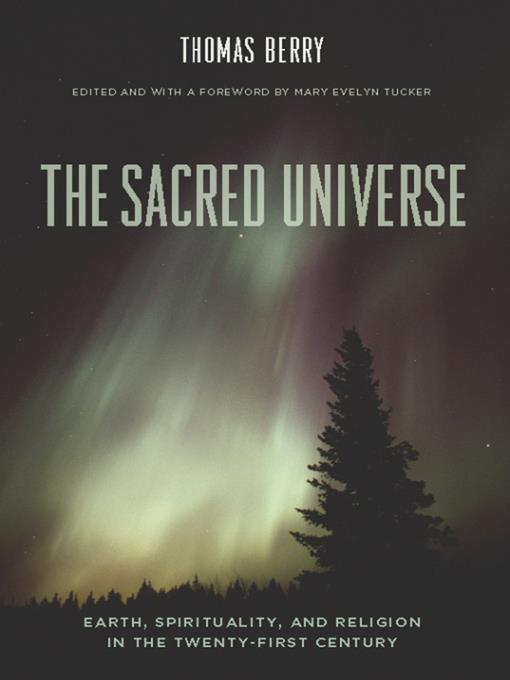
The Sacred Universe
Earth, Spirituality, and Religion in the Twenty-First Century
- اطلاعات
- نقد و بررسی
- دیدگاه کاربران
نقد و بررسی

July 13, 2009
The subtitle declares that these collected essays, published from 1972 to 2001, are still relevant. Readers confronting the planetary degradation that Berry chronicles in later essays and those recognizing a basic human need for spirituality will likely agree. Berry, a Catholic priest and author of The Dream of the Earth
, devoted his life's work to connecting modern people with a spirituality that respects and is fed by our relationship with nature. In four parts, this book addresses how the history and diversity of world religions offer ways to engage with Earth; how it is necessary to connect with a spirituality that is Earth derived; how science can be in conversation with the religious sensibilities of wonder and awe; and how our relationship to the natural world is crucial to our spirituality. In the earliest essays, Berry sounds most optimistic and urges readers to reconcile modern impulses and technology with religious traditions. The later essays strike a more imperative tone, pressing for a change of mind and soul to deeply engage our sacred universe. The essay collection acquires even more significance and urgency in light of Berry's death in June.

July 15, 2009
This collection of essays by Berry, the Roman Catholic priest and environmental theologian who died in June, date from the 1970s to Berry's final pieces. The earliest essays still present relevant challenges to Christian and other religious thinkers to reinterpret their own traditions in a global context and in relation to one another. Throughout, Berry describes an alienation from Earth and its functioning, especially in Western societies. We know of the physical world through our quantitative measurements and we know of God through our scriptures, theologies, and religious traditions, but we've lost the wonder of direct experience of the natural world. Without an understanding of the entire world as sacred, Berry believes that we are doomed. Berry particularly faults biblical linear history and the biblical call for human dominance of creation as helping establish the reductionist concept of Earth as simply a collection of "natural resources." VERDICT Because Berry delivers a consistent message throughout, general readers might be better served by reading these essays within a broader collection. But dedicated readers of ecology, theology, or religious philosophy will want to savor each one here.Eric Norton, McMillan Memorial Lib., Wisconsin Rapids
Copyright 2009 Library Journal, LLC Used with permission.




دیدگاه کاربران